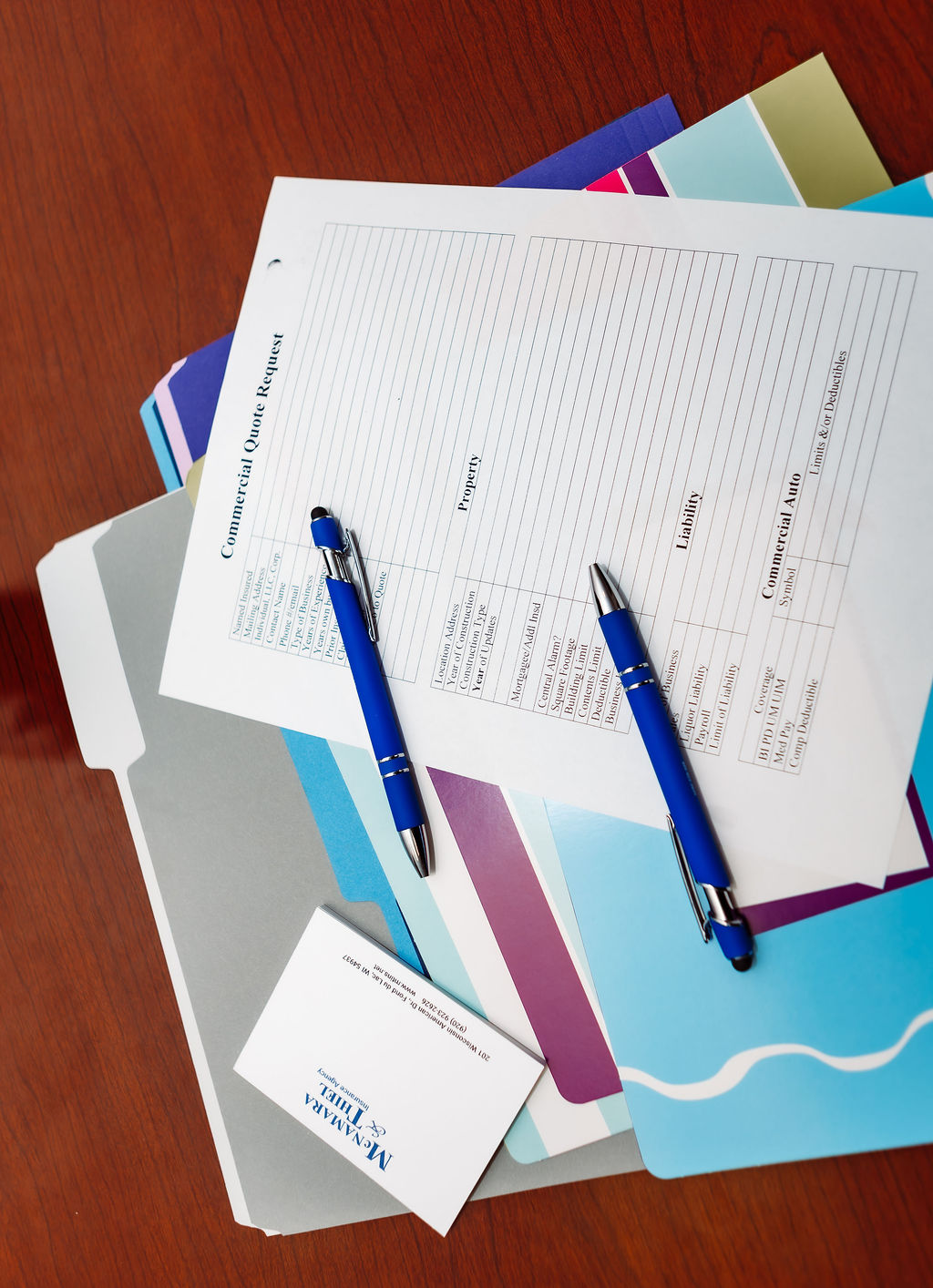Car Insurance
a convergence of cost and coverage
We all want to pay less for our insurance. However, car insurance is complex, and plans vary greatly. While many advertisements focus solely on low prices, they neglect to cover the most important aspect of car insurance: your coverages.
At McNamara & Thiel, we recognize the importance of affordability, but we also take the time to understand which coverages are most important to you and your family. By weighing all of the factors, we can provide a balanced car insurance plan that provides the coverages you need at a price you can afford.
Questions about car insurance?
Did you know inadequate car insurance could leave your assets and financial health at risk? Read our Car Insurance FAQ to learn more.
Testimonials
When it came retirement time and were confused by all the options. We met with Steve Sommerfeldt at McNamara and Thiel and he took the time to explain the difference in plans and helped make our decision easier. Since then whenever we have a question on a change one phone call and we are guided in the right direction. Highly recommend!
Our family switched over to McNamara & Thiel a number of years ago. We could not be more pleased. Their staff is exceptional to work with and their response time is of the best in the industry. McNamara & Thiel manages all of my policies and check them at renewal to ensure that I am appropriately covered at the most affordable rate. They advocate for you as a client and they treat your policies as if they were for their own family. I regularly recommend them to friends and colleagues. Call them to set up a consultation today!
All the staff there is so helpful. I can make one call and get help with all my I insurance needs. Be it the staff who answers the phone or my agent. Highly recommend.


